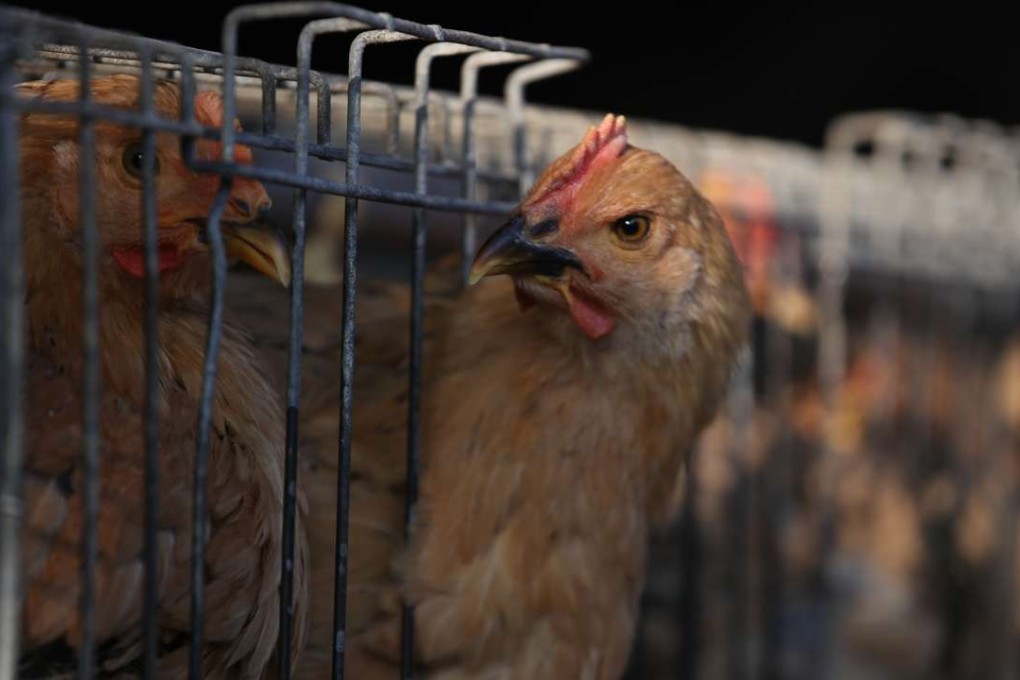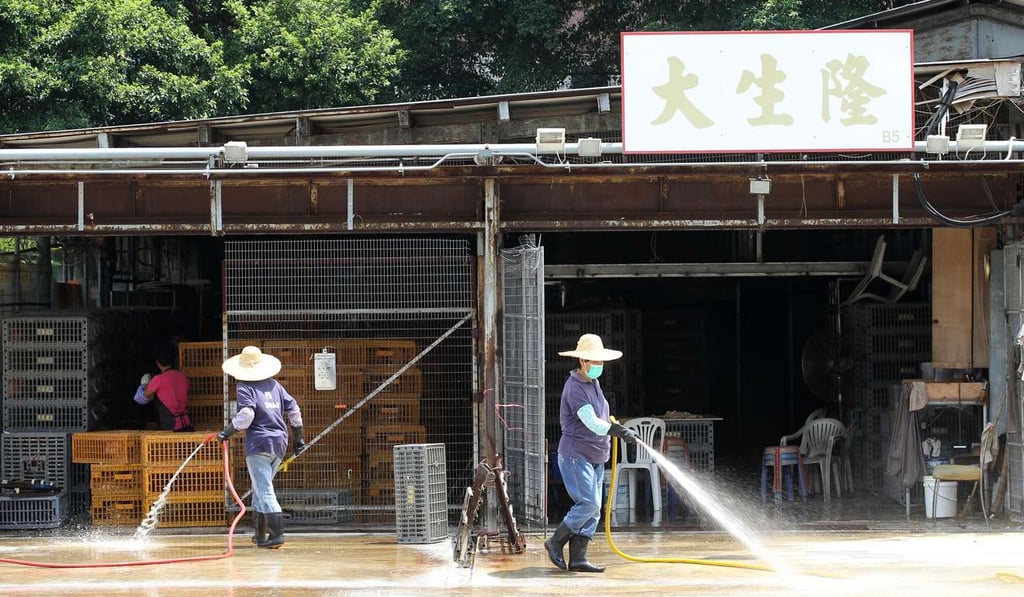Hong Kong sale of live chickens recommended to remain on menu
But study also recommends the enforcement of more stringent measures

In a city where fresh chicken is an important tradition, Hong Kong is looking to continue the sale of live poultry despite the threat of bird flu, as the long debated idea of building a central slaughterhouse is deemed unviable.
The government launched a two-month public consultation exercise on Monday to gather final feedback after a consultancy study recommended that retail sales of live poultry should be maintained and no ban imposed on imports from the mainland.
The study suggested more stringent precautionary measures against bird flu instead.
The recommendations in the study, which the government commissioned in 2015, included introducing extra vaccines, conducting more bird flu tests and moving the poultry wholesale market from crowded Cheung Sha Wan to less populated Sheung Shui.

A much touted solution, floated since the early 2000s, was to build a central slaughterhouse to keep live poultry away from the general population.